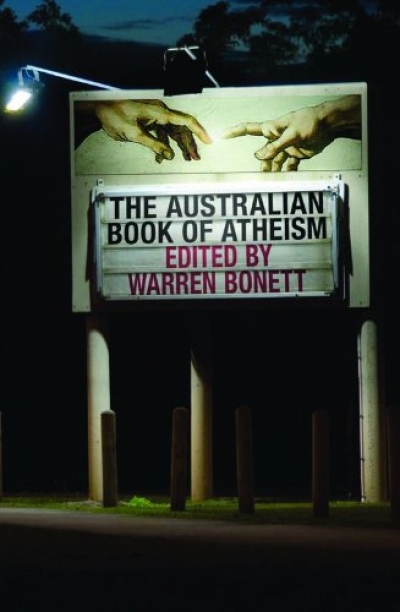Politics
Bill Clinton discouraged politicians from picking fights with people who bought their ink by the barrel. Mindful of that advice, Lindsay Tanner has waited until the end of a career dedicated to the ‘serious craft of politics’ to remonstrate with the fourth estate about its fundamental unseriousness in reporting the democratic process ...
... (read more)The Decline and Fall of the American Republic by Bruce Ackerman
As people around the world watch events in the United States, many will agree that it is indeed an exceptional, if conflicted, nation. The sole superpower, with the world’s largest economy and the most powerful military ever known, is hugely in debt, and struggles agonisingly just to produce a federal budget ...
... (read more)The Lure of Politics: Geoff Gallop’s Government 2001–2006 by Lesley van Schoubroeck
A few months after the 2010 federal election, Geoff Gallop delivered the annual Hawke Lecture at the University of South Australia. In an address focused upon political engagement, he canvassed some possible reforms to the Australian political system. Among a number of other proposals ...
... (read more)Culture Crisis: Anthropology and Politics in Aboriginal Australia edited by Jon Altman and Melinda Hinkson
Anthropology’s significant contribution to both academic and applied research focused on Indigenous Australia has intensified over the last four decades. Among Aboriginal people and anthropologists themselves, debates have occurred as to the discipline’s earlier alignments with colonialism ...
... (read more)Since the mid 1990s, when Robert Putnam lionised the concept in his famous essay ‘Bowling Alone’, writing on ‘social capital’ has proliferated. It caught the eye of politicians, including then United States President Bill Clinton, and for a while it seemed that everyone was lamenting its decline ...
... (read more)The Art of Great Speeches and Why We Remember Them by Dennis Glover
At a time when our discourse has become so sharply polarized – at a time when we are far too eager to lay the blame for all that ails the world at the feet of those who happen to think differently than we do – it’s important for us to pause for a moment and make sure that we’re talking with each other in a way that heals, not in a way that wounds ...
... (read more)Churchill’s Empire: The World That Made Him and the World He Made by Richard Toye
Empires are out of fashion. The idea of one people ruling over another has had its day. The mention of any empire – with the possible exception of the Roman one, for which people still have a certain fondness – will almost invariably meet with deprecating comments, even derision ...
... (read more)‘A peculiar bloke, Jack; you never knew him. You couldn’t get close to him.’ Reg Pollard, who was one of the abler members of the Labor Caucus in the 1940s, confessed his puzzlement to Lloyd Ross as Curtin’s biographer gathered personal testimony ...
... (read more)Once mainly associated with shrill killjoys and desiccated reductionists, atheism has recently received a jolt of adrenaline from Christopher Hitchens, Richard Dawkins, and others. Yet while these writers delight in exposing religion’s philosophical deficiencies, their tone is predominantly negative. Fortunately, The Australian Book of Atheism goes beyond simply rehashing the New Atheists’ explanations of Why God Doesn’t Exist. Divided into ‘Overview’, ‘Personal’, ‘Education’, ‘Social and Cultural’, ‘Politics’, ‘Philosophy’, and ‘Religion and the Brain’, this collection offers a more nuanced picture of atheism than does the recent crop of celebrity-authored blockbusters.
... (read more)Immediately after the mid-term elections in November, Barack Obama left for a long-planned G20 gathering in Seoul and for meetings with heads of government in the nation states of India, Indonesia, and Japan. Nothing remarkable, you think? Exactly what one expects a United States president to do? Not in America.
The right-wing blogosphere went berserk. Miche ...


